Lhasa is the capital and largest city of Tibet. This city is considered the heart of Tibetan culture and many historical festivals and celebrations are held annually. These festivals are organized to celebrate the traditions and beliefs of the Tibetan people and are also a great source of interest for tourists.
The most important festival held in Lhasa is Saga Dawa, which is the most important holiday of Tibetan Buddhism. This festival begins on the fourth day of the month and continues throughout the month. During this time, Tibetans visit Buddhist temples and offer prayers. In addition, a special ceremony is held at the Potala Palace in Lhasa.
Other important festivals held in Lhasa include the Shoton Festival, Losar Festival, and Monlam Festival. The Shoton Festival is a time for Tibetans to eat and have fun. The Losar Festival celebrates the beginning of the Tibetan calendar and is held to celebrate the Tibetan New Year. The Monlam Festival is considered the most important festival of Tibetan Buddhism and begins on the fifteenth day of the month.
The historical festivals and celebrations held in Lhasa are a great opportunity to explore Tibetan culture and beliefs. These festivals help tourists interact with the Tibetan people and better understand Tibetan culture. Additionally, these festivals held in Lhasa provide tourists with an unforgettable experience.
Discover the Centuries-Old Festivals in Lhasa
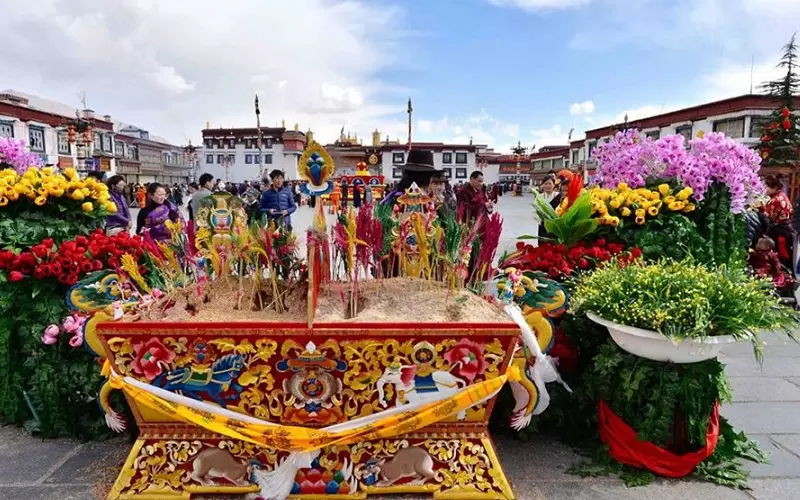
Lhasa is the capital and largest city of Tibet. Lhasa, considered the heart of Tibetan culture, is also famous for its centuries-old festivals. These festivals are organized to celebrate the traditions and beliefs of the Tibetan people.
One of the most famous festivals is Losar, the most important holiday of Tibetan Buddhism. This festival is celebrated every year in February or March according to the Tibetan calendar. Losar is organized to celebrate the Tibetan New Year and lasts for 15 days. During this time, the Tibetan people perform traditional dances, prepare special meals, and decorate their homes.
Another important festival is the Shoton Festival. This festival is celebrated in July or August according to the Tibetan calendar. The Shoton Festival is organized to honor Buddhist monks in Tibet. During the festival, the Tibetan people offer food and drink to the monks and watch their special performances.
One of the Tibetan people's favorite festivals is the Saga Dawa Festival. This festival is celebrated in May or June according to the Tibetan calendar. The Saga Dawa Festival is organized to celebrate the birthday of Buddha, the founder of Buddhism. During the festival, the Tibetan people recite special prayers and perform traditional dances.
Finally, another important festival held in Lhasa is the Ganden Thangka Festival. This festival is celebrated in June or July according to the Tibetan calendar. The Ganden Thangka Festival is organized to celebrate the teachings of Buddha, the founder of Buddhism. During the festival, the Tibetan people perform special shows and wear traditional clothing.
These festivals held in Lhasa are an important opportunity for the Tibetan people to celebrate their traditions and beliefs. These festivals reflect the richness and diversity of Tibetan culture and offer visitors an unforgettable experience.
Experience the Most Colorful Aspects of Tibetan Culture in Lhasa
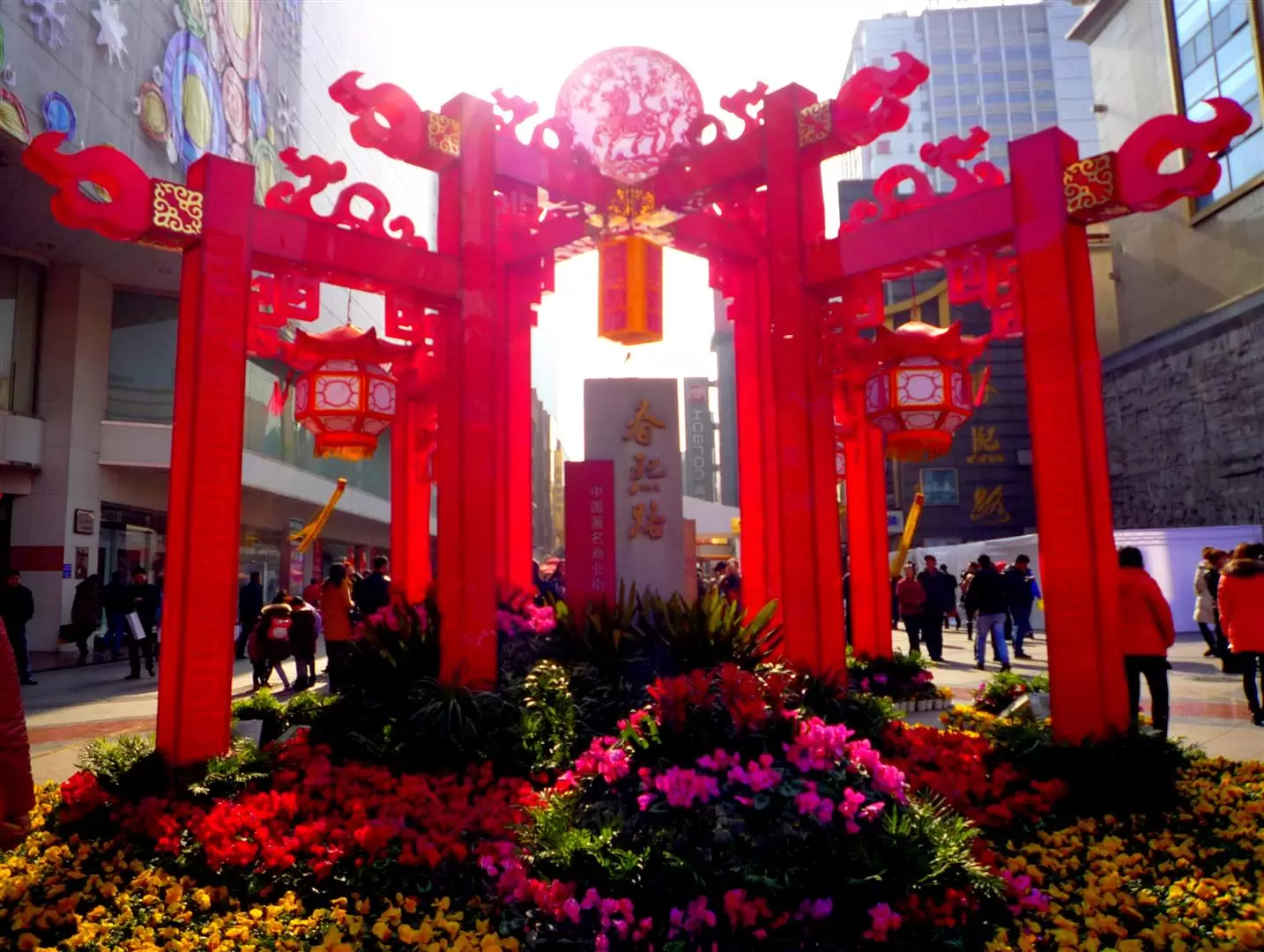
Tibet is one of the most interesting regions in the world with its historical and cultural richness. Lhasa, the capital of Tibet, is one of the places where these riches are most intense. Lhasa is an ideal place for those who want to explore the most colorful aspects of Tibetan culture.
Lhasa is the largest city in Tibet and also stands out with its historical importance. The most important structures in the city include the Potala Palace, Jokhang Temple, and Norbulingka Gardens. The Potala Palace is one of the most important symbols of Tibet and is listed on the UNESCO World Heritage List. The palace was built in the 13th century and is the official residence of the Dalai Lama, the most important leader of Tibetan Buddhism.
Jokhang Temple is one of the holiest temples of Tibetan Buddhism. The temple was built in the 7th century and was commissioned by Songtsen Gampo, the founder of Tibetan Buddhism. The temple is one of the most important symbols of Tibetan culture and is visited by thousands of tourists every year.
Norbulingka Gardens is one of the most important gardens in Tibet. The gardens were built in the 18th century and were used by the leaders of Tibetan Buddhism. The gardens reflect the most colorful aspects of Tibetan culture and attract the attention of visitors.
Lhasa is an ideal place for those who want to explore the most colorful aspects of Tibetan culture. The historical structures, temples, and gardens in the city reflect the richness of Tibetan culture. Visitors to Lhasa can discover the most important symbols of Tibetan culture and get to know this richness up close.
Find Yourself in the Midst of Celebrations in Lhasa
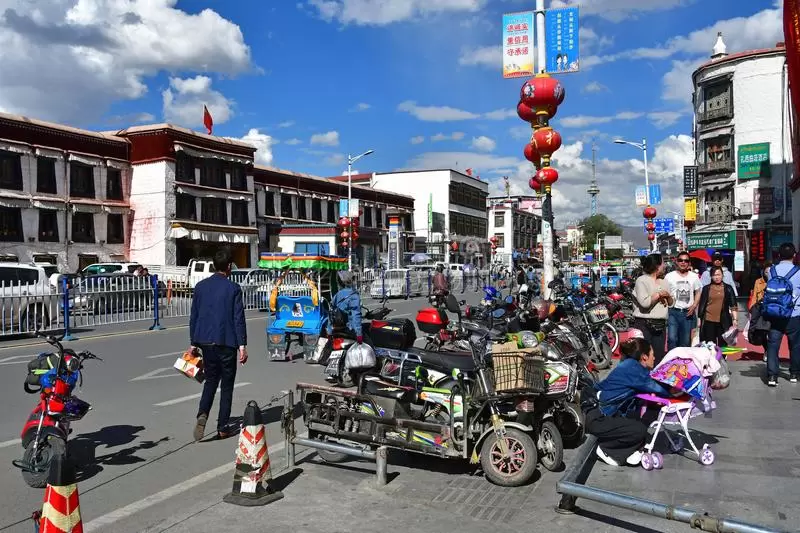
Lhasa is the capital and largest city of Tibet. Lhasa, considered the heart of Tibetan culture, is famous for its annual festivals and celebrations. These celebrations are organized to celebrate the traditions and culture of the Tibetan people.
Finding yourself in the midst of celebrations in Lhasa offers an opportunity to get to know Tibetan culture and traditions more closely. These celebrations reflect the lifestyle and beliefs of the Tibetan people. For example, the Losar Festival is organized to celebrate the Tibetan calendar's new year. This festival is one of the most important celebrations of the Tibetan people and usually takes place in February or March. The Losar Festival is full of traditional dances, music, and food of the Tibetan people.
In addition, other celebrations organized in Lhasa include the Shoton Festival, Saga Dawa Festival, and Sun Festival. The Shoton Festival is one of the most important festivals of Tibetan Buddhism and usually takes place in August. This festival is full of traditional opera performances, dances, and music of the Tibetan people. The Saga Dawa Festival is organized to celebrate the birthday of Buddha, the founder of Buddhism, and reflects the spiritual beliefs of the Tibetan people. It usually takes place in May or June.
Finally, the Sun Festival is organized to celebrate the Tibetan people's respect for the sun. This festival is full of traditional dances, music, and food of the Tibetan people and usually takes place in June.
Finding yourself in the midst of celebrations in Lhasa offers an opportunity to get to know Tibetan culture and traditions more closely. These celebrations reflect the spiritual beliefs and lifestyle of the Tibetan people and offer visitors an unforgettable experience.
Experience the Festivals in Lhasa with its Historical and Cultural Values
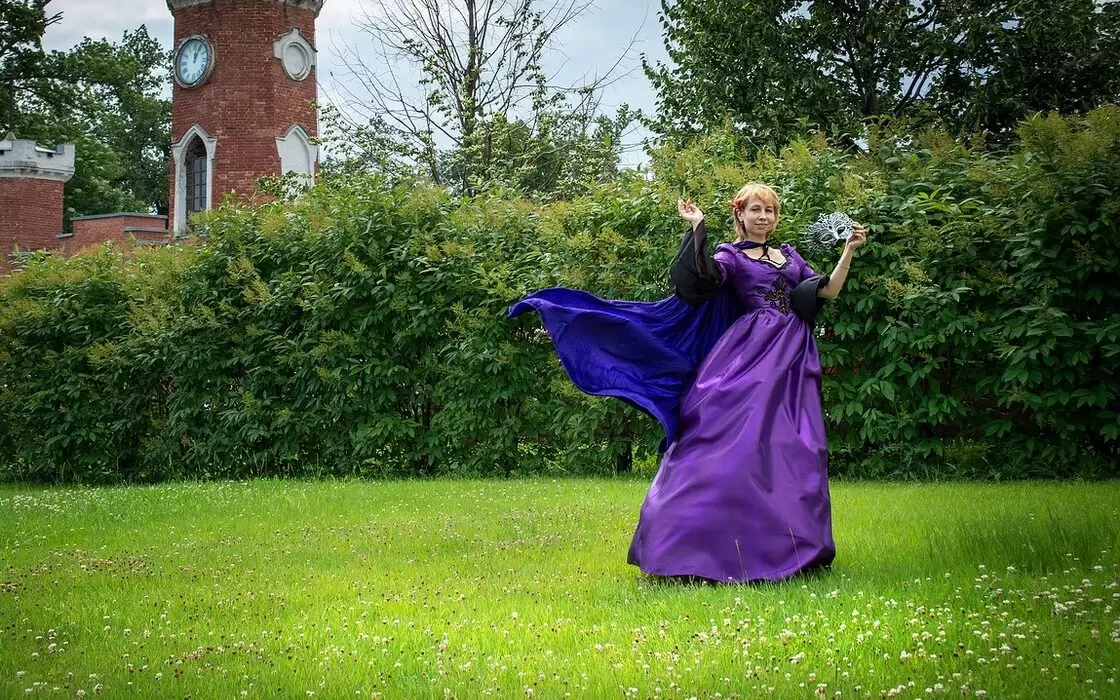
Lhasa is the capital of the Tibet Autonomous Region and the heart of Tibetan culture. This city has been home to Tibetan culture and history for years. Festivals held in Lhasa reflect the most important aspects of Tibetan culture. These festivals offer visitors the opportunity to experience Tibetan culture and history.
One of the most important festivals held in Lhasa is Saga Dawa, the most important festival of Tibetan Buddhism. This festival is celebrated in May or June according to the Tibetan calendar and celebrates the birthday of Buddha, the founder of Tibetan Buddhism. Many events and ceremonies are held at the Potala Palace in Lhasa during this festival.
Another important festival is the Shoton Festival. This festival is celebrated in July or August according to the Tibetan calendar and is full of opera and dance performances, one of the most important aspects of Tibetan culture. Many events and shows are held at the Norbulingka Garden in Lhasa during this festival.
Other important festivals held in Lhasa include Losar Festival, Butter Lamp Festival, and Bathing Festival. Losar Festival celebrates Tibetan New Year and is celebrated in January or February according to the Tibetan calendar. Butter Lamp Festival is celebrated in February or March according to the Tibetan calendar and is celebrated together with Saga Dawa, the most important festival of Tibetan Buddhism. The Bathing Festival is celebrated in June or July according to the Tibetan calendar and involves washing in the rivers of Lhasa to cleanse sins.
Festivals in Lhasa reflect the most important aspects of Tibetan culture. These festivals offer visitors the opportunity to experience Tibetan culture and history. Festivals in Lhasa help visitors to get a closer look at Tibetan culture and history and allow them to discover the richness of Tibetan culture.
The Most Fun Thing to Do in Lhasa: Festivals and Celebrations
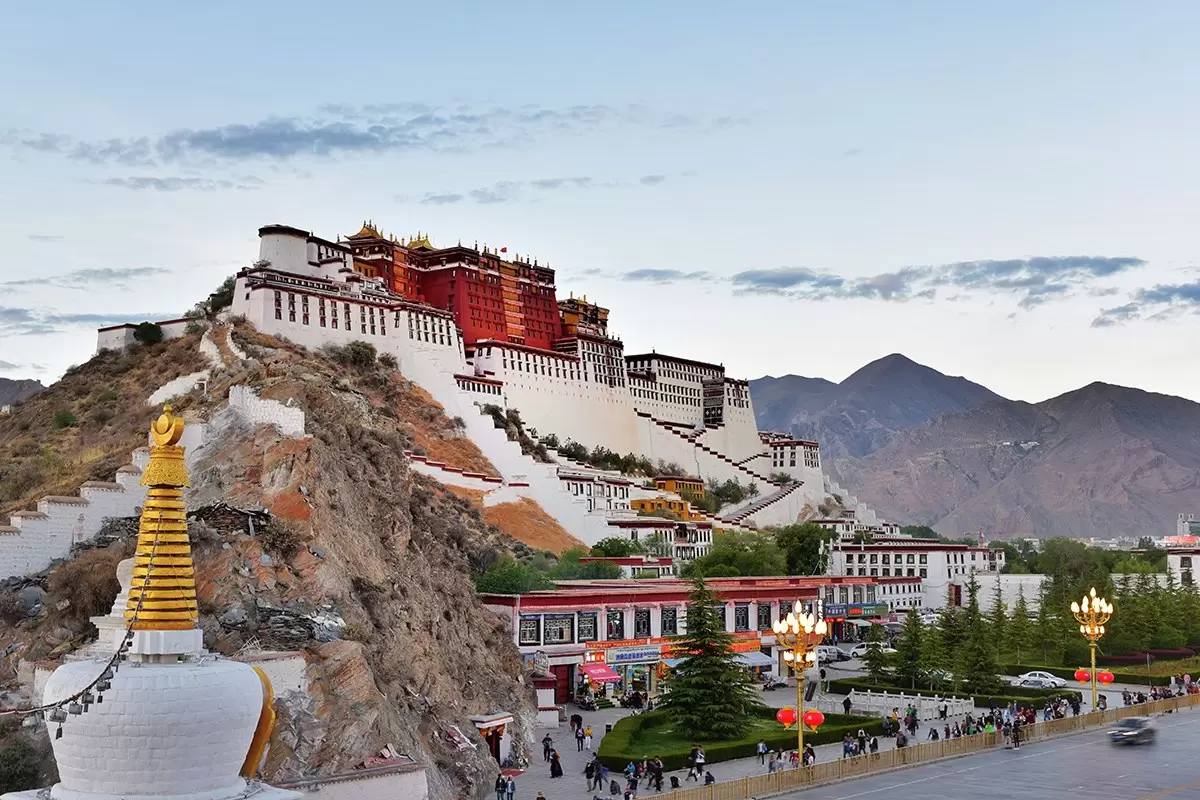
Lhasa is the capital of Tibet and also the heart of Tibetan culture. This city is famous for many annual festivals and celebrations. These events are organized to celebrate the traditions and culture of the local people and also provide a fun experience for tourists.
The biggest festival held in Lhasa is the Tibetan New Year. This festival is celebrated every year in February or March and lasts for a 15-day celebration period. During this festival, the streets of Lhasa are decorated with colorful decorations and the local people dance and sing in traditional costumes. Additionally, a prayer festival called "Monlam," which is an important part of Tibetan Buddhism, is also held.
In addition, other important festivals held in Lhasa include the Shoton Festival, Saga Dawa Festival, and Ganden Thangka Festival. The Shoton Festival is known as the "yogurt festival," an important part of Tibetan Buddhism, and is usually celebrated in August. During this festival, the local people dance and sing in traditional costumes. Traditional shows held in local monasteries can also be watched.
The Saga Dawa Festival is one of the most important festivals of Tibetan Buddhism and is usually celebrated in May or June. During this festival, the local people visit monasteries and perform traditional rituals. Traditional dance shows held on the streets of Lhasa can also be watched.
The Ganden Thangka Festival is one of the oldest festivals held in Lhasa and is usually celebrated in July. During this festival, the local people dance and sing in traditional costumes. Traditional shows held in local monasteries can also be watched.
In conclusion, the festivals and celebrations held in Lhasa reflect the richness and diversity of Tibetan culture. These events provide a fun experience for tourists while also helping the local people celebrate their traditions and culture. Anyone visiting Lhasa should not miss the opportunity to participate in one of these festivals.

Comments